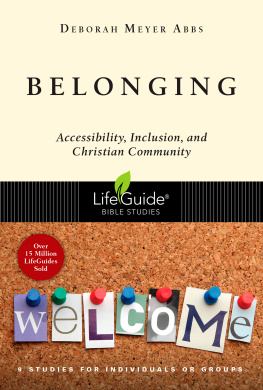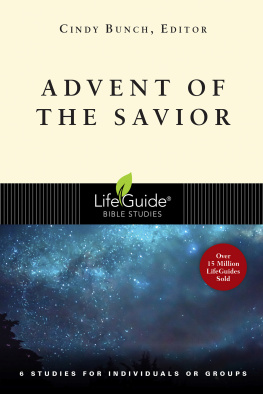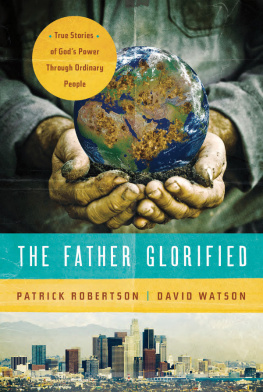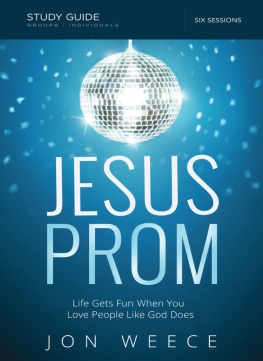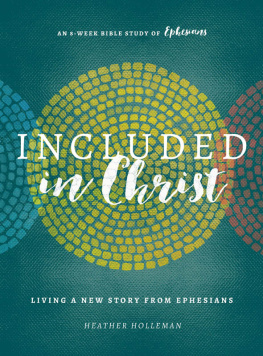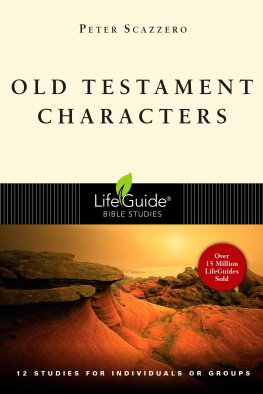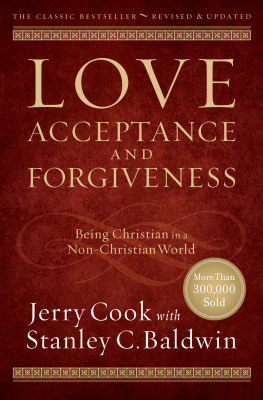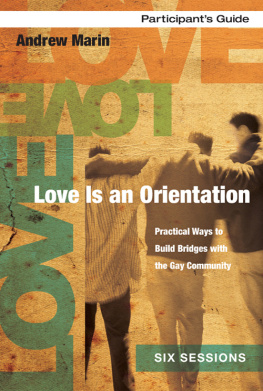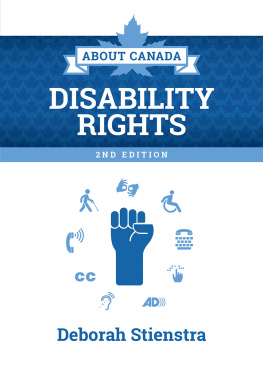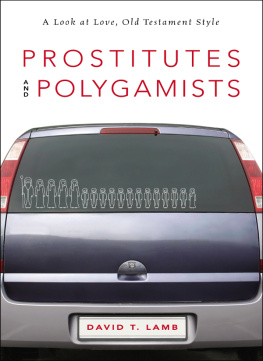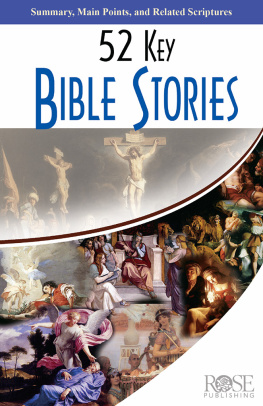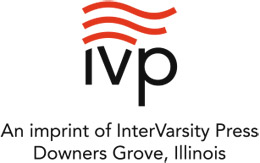All rights reserved. No part of this book may be reproduced in any form without written permission from InterVarsity Press.
InterVarsity Press is the book-publishing division of InterVarsity Christian Fellowship/USA, a movement of students and faculty active on campus at hundreds of universities, colleges, and schools of nursing in the United States of America, and a member movement of the International Fellowship of Evangelical Students. For information about local and regional activities, visit intervarsity.org.
All Scripture quotations, unless otherwise indicated, are taken from The Holy Bible, New International Version, NIV. Copyright 1973, 1978, 1984, 2011 by Biblica, Inc. Used by permission of Zondervan. All rights reserved worldwide. www.zondervan.com. The NIV and New International Version are trademarks registered in the United States Patent and Trademark Office by Biblica, Inc.
While any stories in this book are true, some names and identifying information may have been changed to protect the privacy of individuals.
The publisher cannot verify the accuracy or functionality of website URLs used in this book beyond the date of publication.
GETTING THE
MOST OUT OF
BELONGING
A while back my friend John and I shared a meal at one of my favorite hamburger joints. We discussed a variety of topics, but what I remember most revolved around the deep need we all have for a place of belonging.
John said, The best thing to do when thinking about a Bible study or other group that includes those with disabilities is to make the person feel welcomed, that they belong and will be able to use their God-given gifts to make a contribution.
John is highly intelligent and has the ability to focus intensely on a problem from every angle until he comes up with a solution. Being on the autism spectrum, he understands the barriers to belonging that can arise from having an invisible disability.
Im not going out on a limb in thinking that everyone on the planet has experienced loneliness and a lack of belonging at some point. For those with either visible or invisible disabilities, however, this is often more than a passing phase and can affect us at a deep, spiritual level. Its not just architecture that causes exclusion but also attitudes and ableism. While usually less discussed than racism or sexism, ableism similarly labels an entire group of peoplethose with disabilitiesas less-than through disregard, devaluation, and discrimination.
Laura, who earned a degree in biochemistry from the University of CaliforniaSanta Cruz, was literally sitting in a tree outside her church one Sunday. When the worship music was uncharacteristically loud, she had to get to a quieter location. Laura also attended the 2018 Urbana Missions Conference with more than seventeen thousand others, and having a sensory lounge available there during the plenary sessions really helped. She had somewhere to go to be welcomed, belong, and still be in community.
As Tom Lin, president of InterVarsity Christian Fellowship/USA, explains, Belonging is how God meant for us to live. We are wired for relationshipwith him and each other. Connection and community are necessary conditions for healthy, thriving human life. In my own faith journey and for many of us, friendship with Jesus starts and grows from being included in community.
But what about the 61 million adults (one in four) and 19 percent of college undergraduates in the United States who have a documented disability? Often they arent represented or able to find acceptance, community, and places to use their gifts in our churches, youth ministries, or campus groups.
One common hindrance to belonging is the attitude that those without disabilities assist and serve those with disabilities, but not vice versathat its a one-way street. This is a dangerous assumption and simply not true; we are colaborers who serve one another. We all lose out when part of the body of Christ is missing and unable to use their spiritual gifts. Gods kingdom includes us all, and how wonderfully diverse it is!
My wonderful, athletic youngest son, Luke, needs a lot of support with daily living skills due to his disability, but dont assume he doesnt have his own faith in Jesus or spiritual gifts. Even though he cant speak, he communicates, is smart, and gets his point across.
Luke and Noah became friends when Noah and his parents began assisting Luke in Sunday school through Masterpiece Ministry at Chapelstreet Church. They are alike in being fidgety and enjoying movement but also good at chilling out when the time is right. Its a reciprocal relationship.
Lukes a good friend of mine and made me realize a lot of things about myself I never would have known or figured out if I didnt meet him, said Noah. His mom and dad speak the truth when they say Luke ministers to Noah. Its kingdom work, and it works both ways.
May these nine Bible studies help us know the deep love and acceptance of our heavenly Father and as a result offer acceptance and love to one another. Its my hope that this study helps you on the journey of accessibility. It can be used by accessible, integrated small groups or by groups or individuals who want to see how Jesus responds in love to those who are often marginalized and excluded. The goal is that we can follow in his footsteps and welcome people of all abilities.
SUGGESTIONS FOR INDIVIDUAL STUDY
. As you begin each study, pray that God will speak to you through his Word.
. Read the introduction to the study and respond to the personal reflection question or exercise. This is designed to help you focus on God and on the theme of the study.
. Each study deals with a particular passageso that you can delve into the authors meaning in that context. Read and reread the passage to be studied. The questions are written using the language of the New International Version, so you may wish to use that version of the Bible. The New Revised Standard Version is also recommended.
. This is an inductive Bible study, designed to help you discover for yourself what Scripture is saying. The study includes three types of questions. Observation questions ask about the basic facts: who, what, when, where, and how. Interpretation questions delve into the meaning of the passage. Application questions help you discover the implications of the text for growing in Christ. These three keys unlock the treasures of Scripture.

